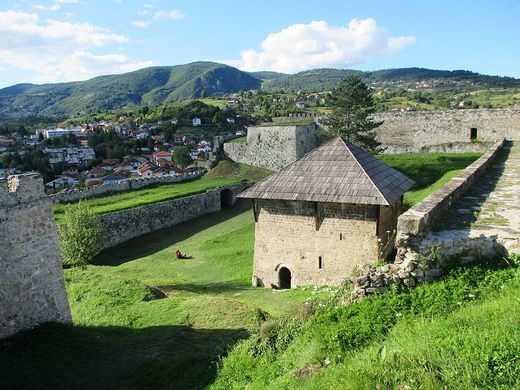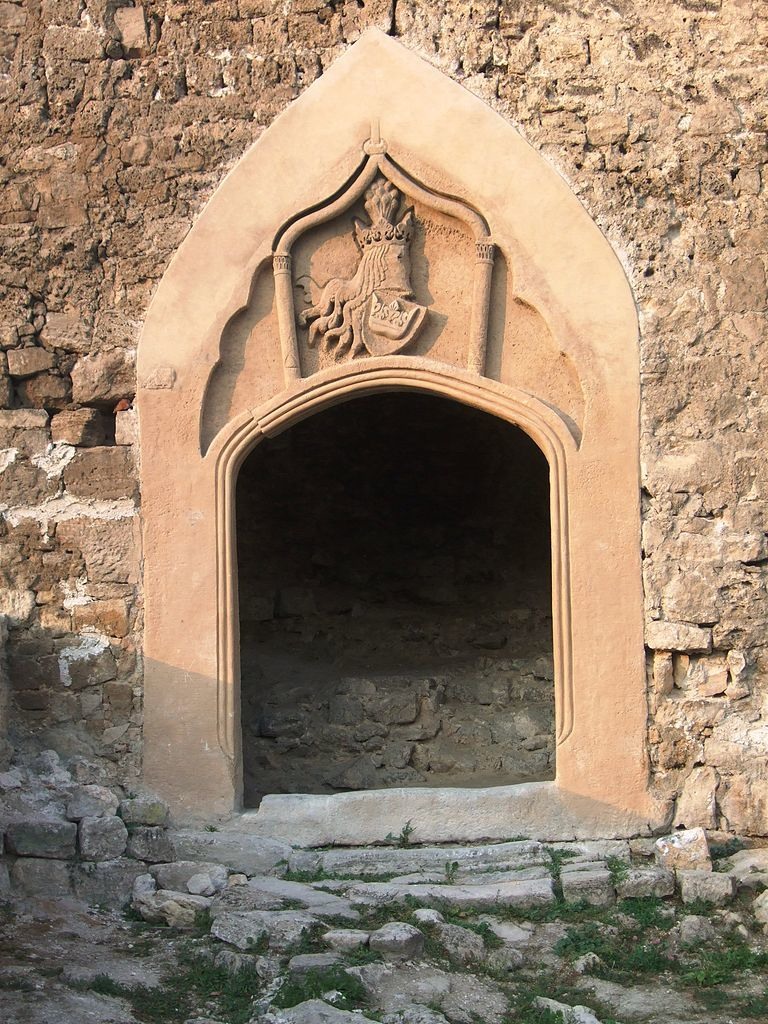
JAJCE FORTRESS
Jajce Fortress was the stronghold of the town of Jajce, a former royal capital and the last territorial possession of the Kingdom of Bosnia.
Jajce was founded in the 14th century by Hrvoje Vukčić Hrvatinić, a powerful feudal lord in medieval Bosnia. Built at the confluence of the Pliva and Vrbas Rivers, the town served as the seat of power for Hrvoje, who bore the title Grand Duke of Bosnia and was heavily involved in the political intrigues and military actions needed to protect Bosnia’s independence from her more powerful neighbors, the Kingdom of Hungary and the Ottoman Empire. Thus it is altogether sensible that Hrvoje also built a fortress atop the hill at the center of his new town, to deter foes and safeguard his own power.

Hrvoje died in 1416 after shifting his alliances one too many times and being stripped of most of his lands in the process. His town and the fortress at its heart, however, still stood, and in 1421 King Stjepan Tomasevic moved his royal court to Jajce, thus making it the capital of the Kingdom of Bosnia. To reflect the city’s new royal status, a palace was built within Jajce Fortress in the mid-15th century and an royal portal was added to the complex, emblazoned with the royal Bosnian coat of arms.
Jajce Fortess stood fast for another century and helped maintain the independence of the city while the rest of the Kingdom of Bosnia fell to encroaching Ottoman forces. It could not hold out forever, though, and in 1527 Jajce was finally overtaken, making it the last Bosnian town to fall to Ottoman rule. https://budujzstylem.pl
Today, Jajce Fortess still stands on top of the rounded hill at the center of the medieval city, but the tall stone walls and watch towers now only enclose a grass-covered plateau that the Bosnia royal court once called home. The fortress is a short walk from the famous waterfall at the center of Jajce.
